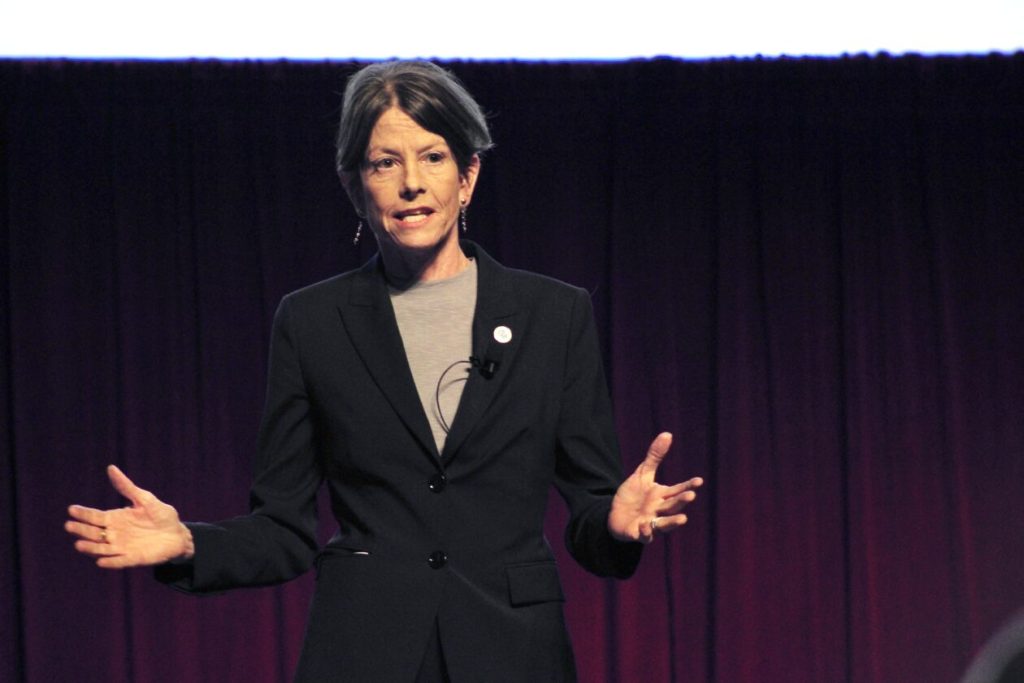The Seattle City Council has postponed a vote on a new minimum wage law for food delivery drivers, introduced by Council President Sara Nelson, in order to consider proposed amendments to the legislation. This move comes after a heated battle over minimum pay standards for independent contractors delivering food for tech platforms, such as Uber Eats and DoorDash. Seattle initially implemented a minimum pay law in January, causing companies to add a $5 fee to consumer orders and resulting in decreased demand.
Nelson’s new legislation that lowers the minimum wage standard for drivers from $26.40 to $19.97 has received approval from the Seattle City Council’s governance, accountability, and economic development committee. The response from drivers to the proposed changes has been mixed, with some drivers appreciating the increase in pay to cover rent while others have seen decreased income due to reduced demand. Restaurant owners also have differing opinions, with some supporting the current law and others expressing concerns about the negative impact on their businesses.
Seattle and New York City have become testing grounds for the impact of labor standards in the growing food delivery market facilitated by tech companies, which claim to offer flexibility and independence to workers. The minimum wage legislation in Seattle is part of a series of “PayUp” laws that aim to regulate the food delivery industry and improve conditions for workers. Other “PayUp” policies include an ordinance related to the worker deactivation process and a per-order fee that will help fund the enforcement of these laws.
The delay in the vote on the new minimum wage law reflects the ongoing debate over the impact of such regulations on both drivers and restaurants. The increased lobbying efforts by companies such as Uber and DoorDash and the differing perspectives of drivers and restaurant owners highlight the complex issues at stake. Seattle’s unique approach to implementing labor standards in the food delivery industry has drawn attention and will likely serve as a model for other cities considering similar regulations.
The battle over minimum pay standards for food delivery drivers in Seattle underscores the challenges faced by policymakers in balancing the interests of workers, companies, and consumers in the growing gig economy. The decision to postpone the vote shows a commitment to carefully considering proposed amendments and addressing concerns from all stakeholders. Ultimately, the outcome of this debate will have far-reaching implications for the future of labor standards in the food delivery industry and could set a precedent for other cities looking to regulate the gig economy.












